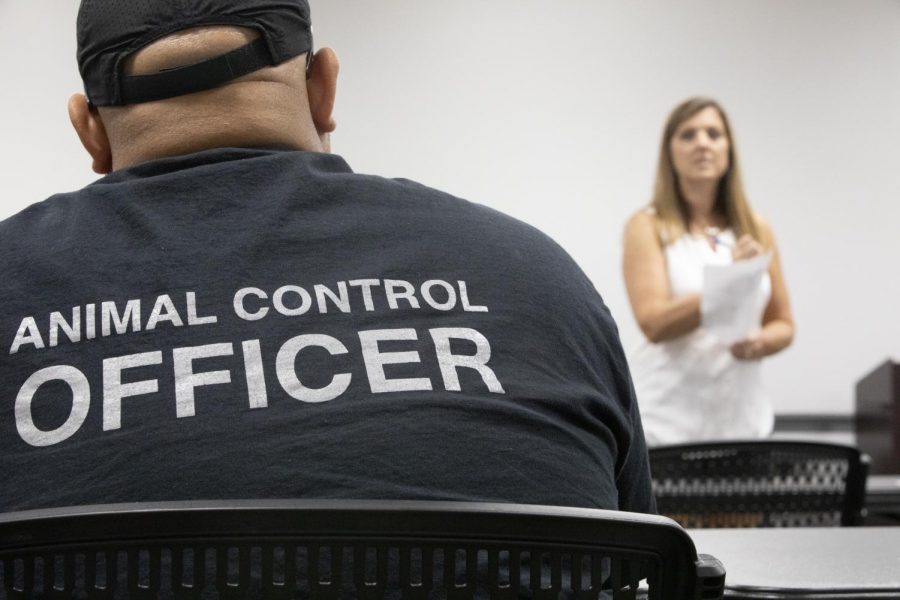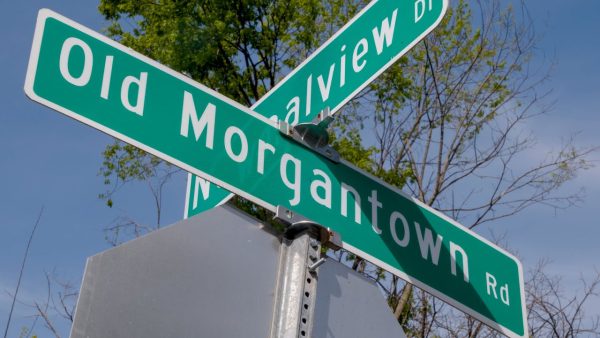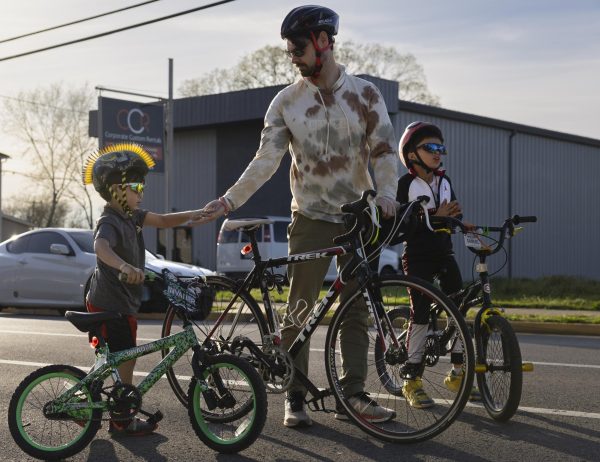‘We’re not here to make pets’: what it takes to become a wildlife rehabber
September 12, 2019
Wildlife rehabilitation is not like caring for a pet. It’s a full-time commitment.
Bowling Green wildlife rehabber Lori Dawson said training and certification is absolutely necessary for anyone interested in becoming a rehabber.
“If you are here because you want a pet raccoon, this is the wrong place for you,” Dawson said. “We’re not here to make pets.”
In order to get certified, one must take a basic training course and pass with an 80%. The course is available at the International Wildlife Rehabilitation Council website after pre-registering at the site.
Individuals who pass the course may receive a permit authorizing them to rescue, raise and arrange veterinary medical care for orphaned, sick or injured native wildlife. In Kentucky, such wildlife entails everything from raccoons and foxes to deer and squirrels. Migratory birds, however, are not permissible to rehabilitate.
It is illegal in the state to remove any animals from the wild without a wildlife rehabilitation permit. Violators may be cited and fined, and the animal will be seized.
Before considering obtaining a permit, one should keep in mind the main goals of the job — to rescue, rehabilitate and release.
The requirements
-
Be at least 18 years old
-
Cannot hold a captive permit
-
Facility must comply with the minimum standards for wildlife
-
Facility must be inspected by an officer of the Kentucky Department of Fish & Wildlife, and the officer’s signature is required on the permit application form
-
Submit proof of successful completion of the council basic training course
-
Submit a $25 application fee with the completed permit form
Rehabbers spoke at the Bowling Green-Warren County Humane Society Tuesday, Sept. 10, to discuss expectations of rehabbers. They mentioned costs such as feeding formula, supplies for suitable enclosures and veterinary bills can become stressful. And don’t take in too many animals at once.
“Emotional exhaustion is a real thing, and it happens extremely fast,” said Heather Gray, a wildlife rehabber from Fayette County. “Don’t put your health at risk. You come first.”
A two-day certification course will be held on Saturday, Nov. 9, from 8 a.m. to 6 p.m. and Sunday, Nov. 10, from 8 a.m. to 4 p.m. at the Davis-Mosby Center, located behind the humane society at 1951 Old Louisville Rd. For more information, visit the humane society education center website.
“The need for help is insane,” Gray said. “We have so many animals that need help.”
Features reporter Kelley Holland can be reached at 270-745-6291 and [email protected].

























